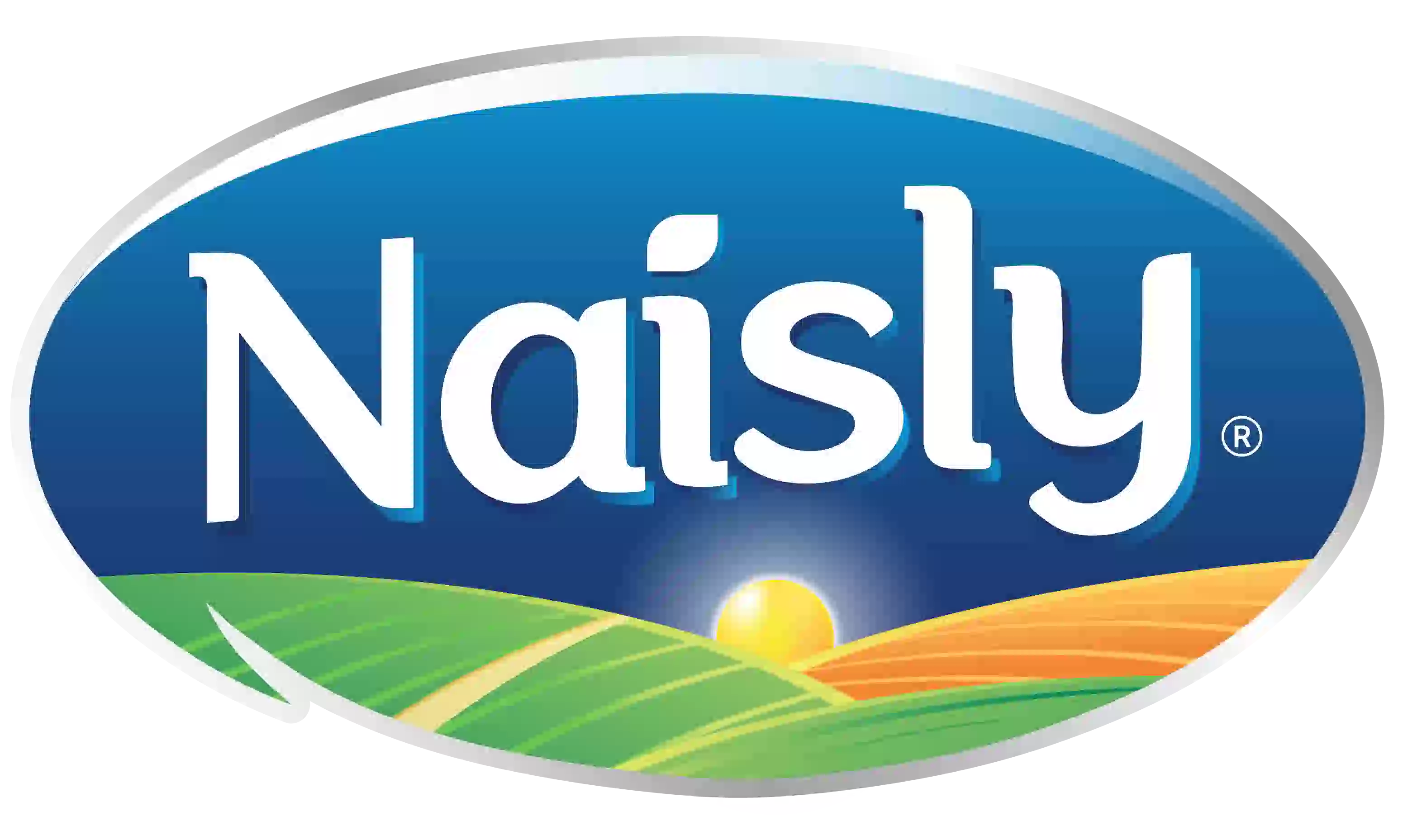Heart disease remains one of the leading causes of death in Indonesia—and the risk doesn’t discriminate by age. Research shows that many young adults (aged 18–50) already carry risk factors such as physical inactivity, poor eating habits, and obesity. In some cases, their heart health profile mirrors that of older adults. This highlights one crucial point: prevention at an early age is one of the most effective strategies.
- Stay Active and Exercise Regularly
Consistent physical activity is essential for maintaining heart health. The World Health Organization recommends at least 150 minutes of moderate-intensity exercise per week—such as brisk walking, cycling, or swimming—which is already effective in improving circulation and managing weight. - Eat a Balanced and Nutritious Diet
A diet rich in fiber, vegetables, fruits, healthy fats, and low in excessive salt and sugar can significantly lower the risk of cardiovascular disease. According to the American Heart Association, balanced nutrition plays a key role in supporting heart health—especially from a young age. - Prioritize Sleep and Manage Stress
Getting 7–8 hours of sleep per night and managing stress through practices like meditation, yoga, or other relaxation activities can help reduce blood pressure and support heart function. These habits also balance the autonomic nervous system, which plays a role in regulating heart rhythm. - Avoid Smoking and Limit Alcohol
Both smoking and excessive alcohol use are major risk factors for heart disease. They damage blood vessels and disrupt normal heart rhythms. Quitting smoking, especially during one’s productive years, has been shown to significantly reduce cardiovascular risk and is a highly recommended step. - Get Regular Health Screenings
Monitoring blood pressure, cholesterol, and blood sugar regularly is vital—especially for those with a family history of heart disease. Data from Indonesia’s 2018 Basic Health Research (Riskesdas) reveals that many young adults are unaware they have hypertension due to low screening rates.
Conclusion
Taking care of your heart health isn’t just about lifestyle—it’s a proactive, long-term investment in your well-being. Small, consistent actions—without the need for extreme therapies—can lead to lasting results.
Nutritional support, such as Naisly HealthyGrain Multigrain, offers a practical and natural way to help maintain stable blood pressure and support heart metabolism.
By building a balanced lifestyle and embracing positive daily habits, you’re already choosing a healthier heart—both for today and the future.
References:
- American Heart Association. (2019). Life’s Simple 7 for Cardiovascular Health.
- World Health Organization. (2020). Physical Activity Factsheet.
- Riskesdas (2018). Laporan Nasional Riset Kesehatan Dasar.
- Sari, M. E., et al. (2022). Health Education Improves Awareness of Coronary Heart Disease in Yogyakarta.
- Harvard Health Publishing. (2021). How Stress Affects Your Heart.

